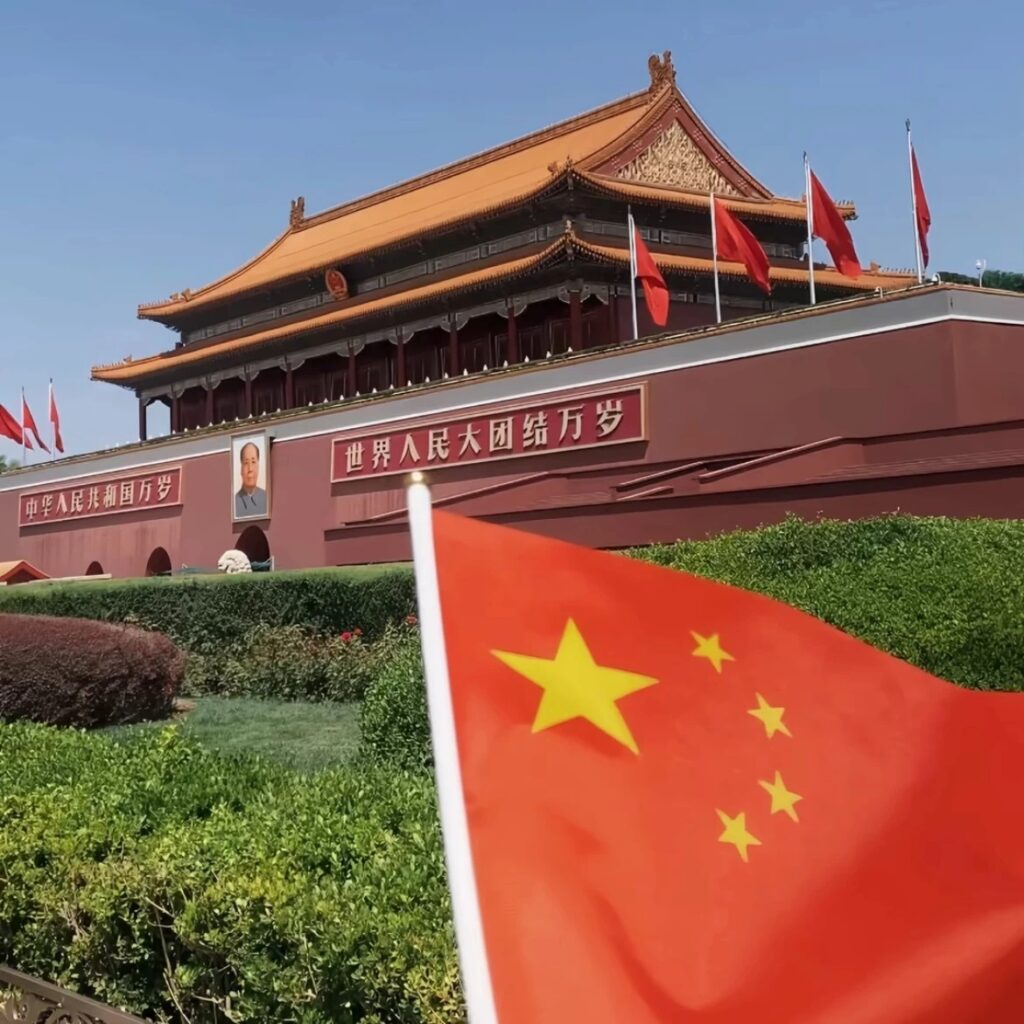This year marks the 70th anniversary of the proclamation of the Five Principles of Peaceful Coexistence. Seventy years ago, the Chinese leadership specified the Five Principles in their entirety for the first time, namely, mutual respect for sovereignty and territorial integrity, mutual non-aggression, mutual non-interference in each other’s internal affairs, equality and mutual benefit, and peaceful coexistence. They included the Five Principles in the China-India and China-Myanmar joint statements, which jointly called for making them basic norms for state-to-state relations.
In the course of the modern history of human society, handling well state-to-state relations, jointly maintaining world peace and tranquility, and promoting development and progress for humanity have always been big topics on the minds of all nations. As a call of the times and a choice of history, the Five Principles of Peaceful Coexistence, born in Asia, but quickly ascended to the world stage. Over the past 70 years, it has transcended time and space and overcome estrangement, showing robust resilience and everlasting relevance. They have become open, inclusive, and universally applicable basic norms for international relations and fundamental principles of international law. They have made indelible historic contributions to the cause of human progress.
In the important speech at the recently held “the Conference Marking the 70th Anniversary of the Five Principles of Peaceful Coexistence” conference, Chinese President Xi Jinping emphasized that, the baton of history is passed from generation to generation, and the cause of human progress moves forward from one era to another as mankind seek answers to the questions of the times. Seventy years ago, our forefathers, who experienced the scourge of hot wars and the confrontation of the Cold War, concluded that the Five Principles of Peaceful Coexistence were the crucial way to safeguard peace and sovereignty. This answer has withstood the test of international vicissitudes, and has become more appealing rather than obsolete. Seventy years later today, challenged by the historic question of “what kind of world to build and how to build it,” China has answered the call of the times by proposing a community with a shared future for mankind. Today, this Chinese initiative has become an international consensus. The beautiful vision has been put into productive actions. It is moving the world to a bright future of peace, security, prosperity and progress.
The future beckons with promise, and challenges must be tackled. At this historic moment when mankind have to choose between peace and war, prosperity and recession, unity and confrontation, we must champion more than ever the essence of the Five Principles of Peaceful Coexistence, and we must always strive tirelessly for the lofty goal of building a community with a shared future for mankind.
The people of China and Afghanistan have established a deep friendship since the time of the ancient Silk Road, with friendly exchanges never interrupted for thousands of years. The two sides have always continued this traditional friendship, which becomes a model of mutual respect, equal cooperation, and mutual benefit among countries in the region. For nearly 70 years since the establishment of diplomatic relations, even during the years of frequent wars in Afghanistan, China has always been guided by the Five Principles of Peaceful Coexistence, developing friendly relations with Afghanistan as a neighboring country, practicing the spirit of these principles with concrete actions and striving to build a community with a shared future between China and Afghanistan.
As a good neighbor, brother and partner, China has always cherished the traditional friendship with Afghanistan, adhering to the “three respects, three nevers” policy towards Afghanistan, which serves to the continuation of friendly relations between the two countries amid the complicated and changing regional situation. As Afghan friends often say, China is the only major country that has never harmed Afghanistan. China shares weal and woe with Afghanistan, dedicating to provision of assistance and support to help the Afghan people rebuild their homeland and achieve peace and stability. China seeks joint development with Afghanistan, actively promoting practical cooperation in various fields such as economy and trade so as to benefit the peoples of both countries. Guided by the spirit of the Five Principles of Peaceful Coexistence, political mutual trust between China and Afghanistan has been further strengthened, bilateral cooperation continuously expanded, people-to-people exchanges increasingly deepened, and the tree of friendship has deeply rooted in the hearts of the two peoples.
Standing at a new historical starting point, China and Afghanistan should join hands together in a more open, inclusive and active manner and take the lead in building a community with a shared future for mankind. On this new journey, China is willing to continue to champion the spirit of the Five Principles of Peaceful Coexistence with Afghanistan, jointly advance the construction of a China-Afghanistan community with a shared future, and write a new chapter in China-Afghanistan relations. Let us uphold the principle of sovereign equality, cement the foundation of mutual respect, turn the vision for peace and security into reality, unite all forces to achieve prosperity, commit to fairness and justice, embrace an open and inclusive mindset, and make new and greater contributions to safeguarding world peace and promoting common development.
